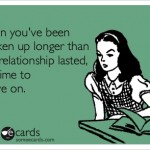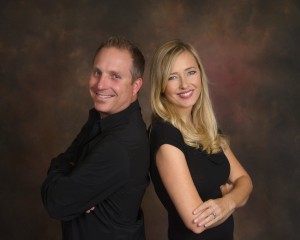What if the good ol’ boys mentality is leading us astray? Could our hook up culture be the cause of future relational demise?
Researchers are discovering links between the centrality of relationships and our mental health–specifically as it pertains to marriage.
And multiple sexual partners before marriage have a direct correlation to unsatisfying marital relationships.
According to researchers at Marri (Marriage and Religion Institute), mental health and chastity go hand in hand.
We might want to think twice before sowing our wild oats–because it might be the very thing that destroys not enhances our marital future.
Please enjoy this article…
Mental Health and Chastity
In a recent professional seminar discussion on the relational dynamics of chastity and monogamy with mental health professionals in Arlington VA a powerful concept came to the fore: the centrality of relationships to the life of each person. A person’s life is as good as the relationships he or she has formed.
The most powerful human relationship is that of marriage. One therapist noted: “In lots of our work the marriage is the client. We often treat the marriage not the individuals.” That this relationship is quite sensitive to the lifelong chastity of the couple was the focus of much of the discussion.
As the charts on the demographics of sexual partnering were reviewed the conclusion drawn was that chastity is the virtue which gives sex its due. The sexual relationship, fundamental to the continuance of the human race, will go powerfully in one of two different directions: binding the couple forever in love and fidelity or instead leaving the permanent weakness of a bond that ended in rejection. Chastity leads to the first; multiple partners lead to the second. The following chart shows the percent of stable marriages as relating to the number of sexual partners experienced.















